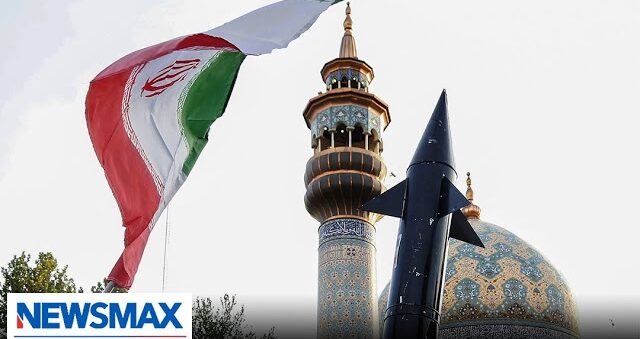In a show of support, Iran’s Shiraz University offers scholarships to students expelled from Western universities for participating in anti-Israel protests
In a notable development amid escalating anti-Israel protests across US and European university campuses, Mohammad Moazzeni, the head of Shiraz University in Iran, has announced scholarship offers to students who have been expelled due to their involvement in these demonstrations. This gesture of solidarity was declared during a student gathering in Fars province, aimed at reinforcing the Iranian stance on the ongoing conflicts in Gaza and Israel.
Moazzeni’s announcement comes in response to numerous reports of harsh crackdowns on campus protests, particularly those opposing Israel’s military actions in Gaza. He criticized the suppression and punitive measures such as expulsions and future employment barriers that affected students and professors in the West. “Students and even professors who have been expelled or threatened with expulsion can continue their studies at Shiraz University,” Moazzeni stated, emphasizing Iran’s readiness to support these individuals academically.
The move by Shiraz University underscores a broader Iranian critique of Western responses to the Gaza conflict, linking these educational offers to a narrative of Western decline and autocracy. Iranian media coverage portrays the scholarships as a challenge to what they term “global arrogance,” highlighting the tensions between Iran’s ideological stances and Western policies.
This academic outreach coincides with heightened tensions on the global stage. During a meeting with Gulf Cooperation Council foreign ministers in Saudi Arabia, US Secretary of State Antony Blinken addressed the broader regional instability, implicating Iran and its proxies in exacerbating the conflict between Israel and Hamas. Blinken’s comments followed a significant military escalation where Iran launched projectiles into Israel, marking a direct confrontation that has stoked fears of further regional destabilization.
At the domestic level, the response to campus protests has seen a significant law enforcement presence. At UCLA, for instance, police intervention led to the dismantling of protest encampments and multiple arrests. These confrontations have highlighted the growing international dimension of university campuses as arenas for geopolitical expression and conflict.
The protests, characterized by their intensity and sometimes antisemitic undertones, have sparked a complex dialogue about academic freedom, political expression, and the role of universities as sanctuaries for free speech versus their responsibilities to maintain campus safety and neutrality.
Amidst these developments, the scholarship offer from Iran’s Shiraz University not only provides a lifeline to expelled students but also serves as a political statement, aligning Iran with Palestinian support movements and further complicating the intricate web of Middle Eastern geopolitics
